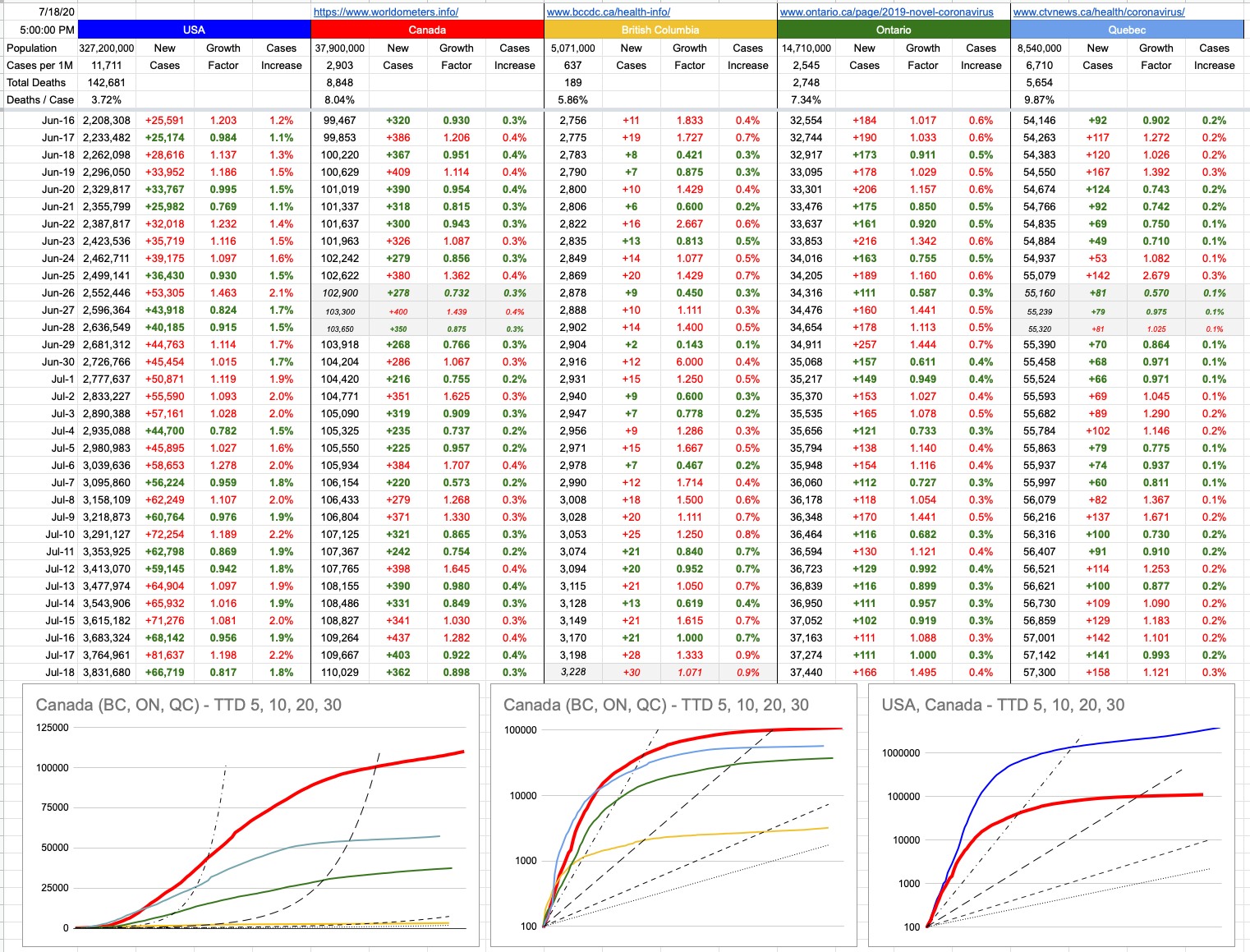The year 2010 was only 10 years ago, but wow, does it ever feel like a long time ago. That was when the Winter Olympics were here; the memorable Iginla to Crosby gold-winning goal… also the year I should’ve been generating and holding Bitcoins… but, who knew.
It was also the year of the Deepwater Horizon oil spill in the Gulf of Mexico. Notwithstanding the catastrophic uselessness with which British Petroleum managed their little “faux pas”, there was an interesting footnote to the whole thing… which was that the environmental impact was far less than people imagined.
Don’t misunderstand; it was brutal, among the worst environmental disasters in American history. Almost 5 million barrels of oil leaking into the water over a period of months. The impact was felt for years, and BP ended up paying close to $20 billion to make it right; the largest corporate settlement in U.S. history.
But that interesting footnote of a lesser impact was due to… microbes. Little bugs that actually ate the oil and broke it down. While there had been some talk of trying to infuse the water with some sort of oil-eating bugs, and arguments whether the benefits outweighed the risks… and perhaps some little tests to sanity check it all… well, in the midst of that, mother nature came along and provided its own version, on top of what the humans were throwing at it. And surprisingly successfully.
Over the last couple of years, a lot of research has been done with respect to microbes and bacteria that eat plastic. And really, by “eating”, we mean consuming it and breaking it down… literally bio-degrading landfill waste. There’s that huge 600,000 square-mile garbage patch swirling in the Pacific Ocean, halfway between California and Hawaii… which some people think will be there “forever’. It won’t be… far from it. For now, it keeps growing, because we keep adding to it. But one day, when man is no longer around, that thing will start shrinking on its own… a far cry from “forever”.
A few days ago, scientists announced finding a bacteria that oxidizes manganese…and there are other microbes that can create conditions on other metals, leading to their breakdown.
The summary of all this is not that we shouldn’t care about our planet and the environment… we certainly should, because we have to live in it, in the present. More importantly, our children and grand-children have to, as well.
But it’s sobering and reassuring to know that no matter how badly we screw it up, it’ll all fix itself in due course. Unfortunately, that due course is measured in glacial, geological time frames. A million years isn’t much to earth (.02% of its existence), but it’s a lot if we’re hoping humanity lasts that long. It’s good knowing our super-long-term problems have solutions. Now let’s work on the present-day ones.
View Original Post and All Comments on Facebook



The HK Daily Report (1.2 min read)
Great read again .You keep your Game up thats fopr sure.
for.
Oil-eating bugs – fascinating!
Damn – Bitcoin. I was so close, too. Had the idea, didn’t have the capital. With even a little bit of extra, I calculated I would have made twenty times my investment. I also noticed that March 17th, 2020 may have been a good buy in day. Ah well. Maybe investment in plastic-eating microbe tech! 🙂
Ha, I wasn’t going to post my other insta-thought-reaction to your post of today, but then I realised it is relevant. I had a wonderful solo touring day of The Winter Olympics that ended in serious virus-related tragedy, that has forever connected the Olympics with Terrible Illness in my mind – I caught the Norovirus, pretty sure from a Winter Olympics Food Stand in Richmond, and never have I ever been so sick. One moment I was like, hey cool light installation at the new greenery-roofed conference centre the next minute I was like, ohh ohh. Viruses. Not to be taken lightly. ????????
Just like BP oil spill and they had to pay out billions, that should be the case for this viral spill.
Wet markets and that inhumane nonsense must stop, for compassion reasons, but for the Covid problem that’s a direct result of that non-empathetic negligence.
We should send the bill for all the death and loss of income, the same way BP paid and Exxon Valdez paid. This is a factor of 10,000 worse and there should be reparation payments.
I agree with Scott Wilson 100%